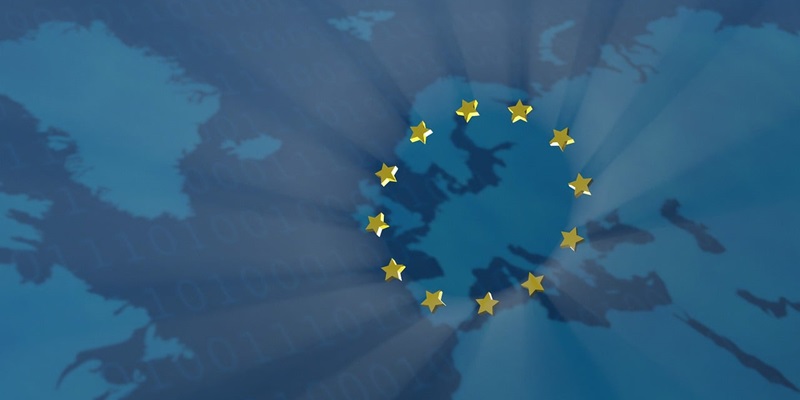The European Union’s AI Act, aimed at regulating applications of artificial intelligence, has achieved a major milestone on its path to adoption. This article provides an overview of the recent developments regarding the Act and highlights the key points addressed in the text.
Confirmation of Final Text
A crucial step towards the adoption of the AI Act was taken when Member State representatives voted to confirm the final text of the draft law. This vote of confidence brings a sigh of relief across Brussels as the Act moves closer to becoming law. An important aspect to note is that all 27 ambassadors of EU Member States unanimously backed the final text, demonstrating a united front in support of the legislation.
Implementation and Timeline
Upon its adoption, the AI Act will enter into force 20 days after its publication in the EU’s Official Journal. However, there will be a tiered implementation period to allow for a smooth transition. Initially, the Act’s rules will apply to in-scope apps and AI models after a grace period of six months. It is important to highlight that the list of banned uses of AI outlined in the regulation will only begin applying after this grace period.
Regarding foundational models, the Act grants a year before the rules apply, which means they won’t come into effect until 2025. To ensure compliance and address systemic risks, the European Commission has already taken steps to establish an AI Office responsible for overseeing the adherence of more powerful foundational models.
Expected Adoption
The EU’s flagship AI Act is anticipated to be adopted as law in the coming months. This is a significant development in the field of AI regulation as it sets out a comprehensive framework for governing AI applications. The act aims to strike a delicate balance between encouraging innovation and ensuring safety in the rapidly evolving AI landscape.
To summarize, the European Union’s AI Act has achieved a pivotal milestone as Member State representatives voted to confirm the final text of the regulation. The Act’s implementation will follow a tiered approach, with different timelines for various aspects such as banned uses of AI and foundational models. The establishment of an AI Office further emphasizes the EU’s commitment to oversee compliance and address potential risks. The expected adoption of the AI Act as law in the coming months showcases the EU’s determination to create a regulatory framework that promotes innovation while safeguarding societal well-being.

